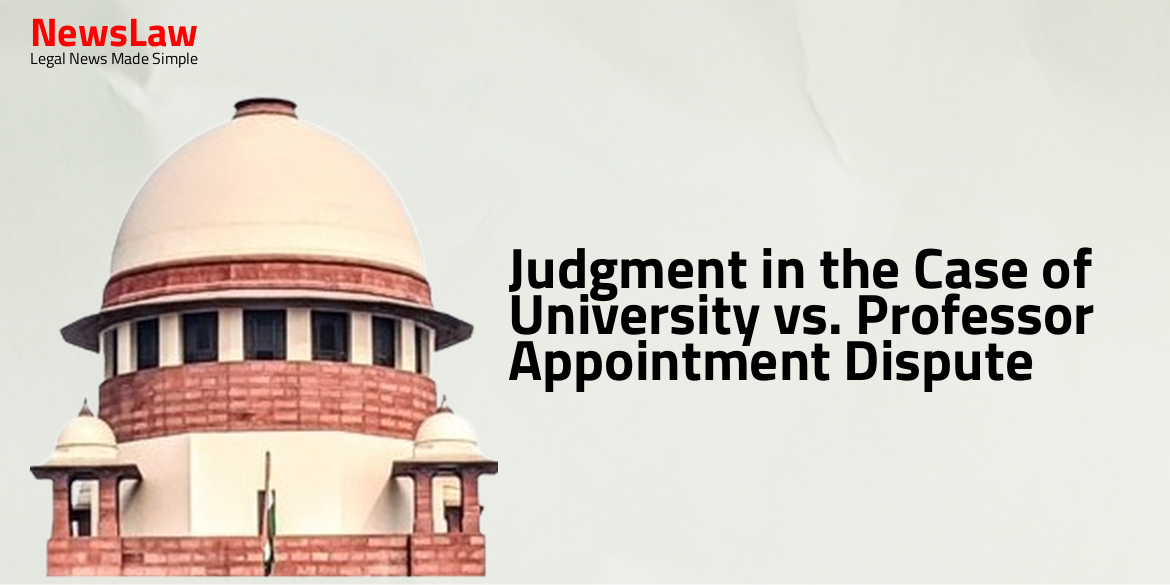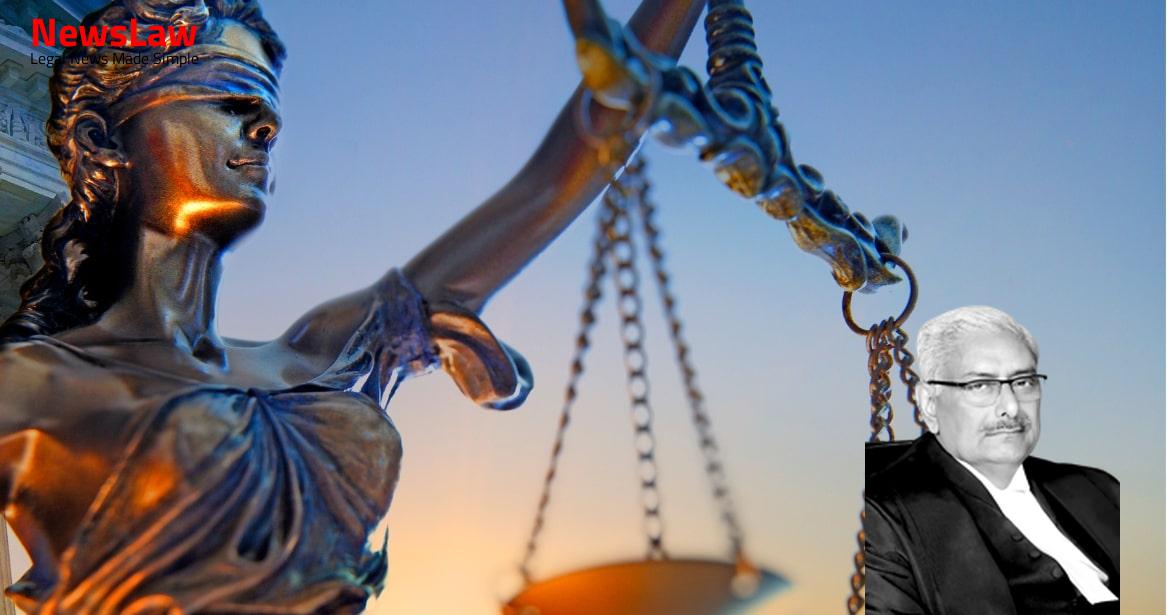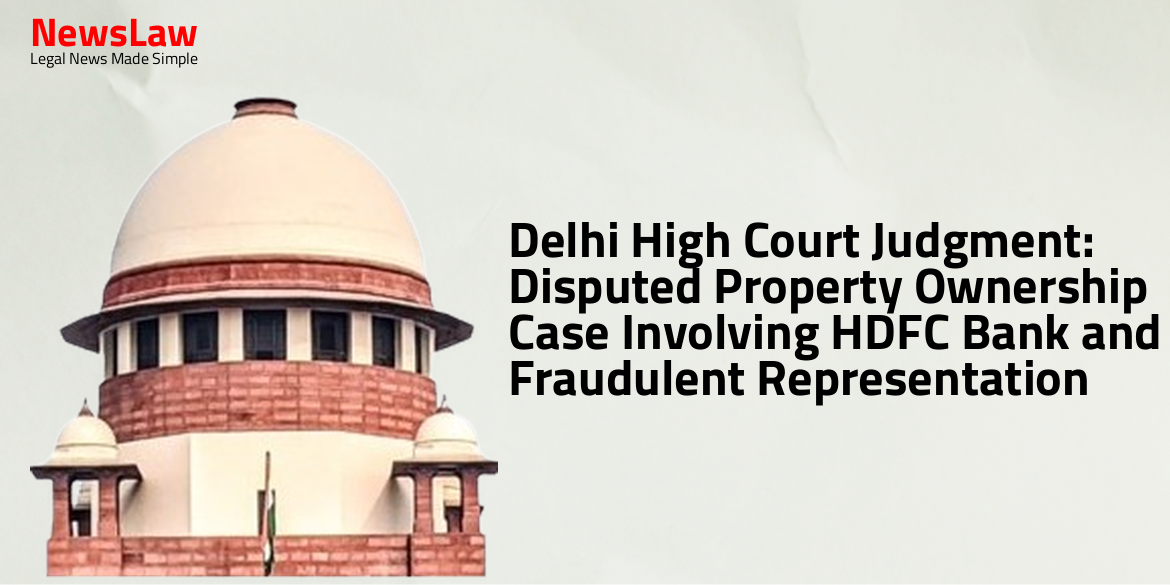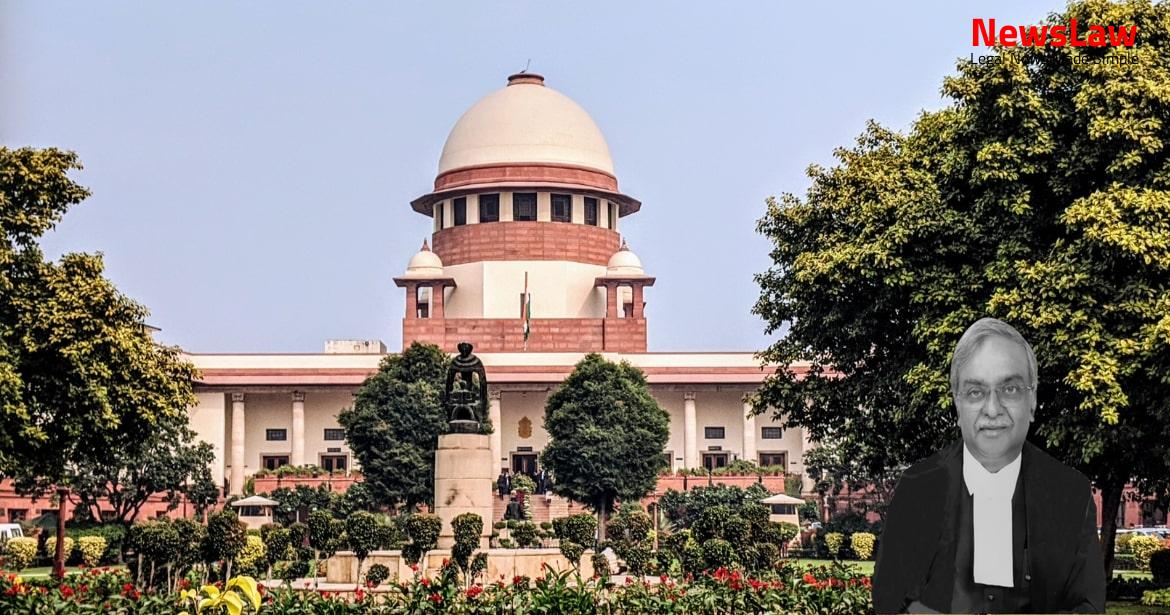Delhi High Court recently passed a significant judgment in the case involving a dispute between a University and a Professor regarding appointment criteria. The Court’s ruling delves into the intricacies of UGC guidelines and the interpretation of ‘and/or’ in eligibility conditions. This case is of crucial importance in the realm of academic appointments and regulatory compliance within educational institutions.
Facts
- Petitioner filed a writ petition under Article 226 of the Constitution of India.
- Reliefs sought include quashing of Show Cause Notice and declaration of appointment as Professor.
- Petitioner’s appointment as Professor was confirmed w.e.f. 11.07.2018.
- The petitioner was confirmed in her services post verification of requisite documents and testimonials in 2016.
- The university confirmed the petitioner’s services only after being satisfied with her credentials.
- The show cause notice is based on clause 21 of the First Statute of the University, which allows for the removal of employees.
- The notice was issued almost 5 years after the petitioner’s confirmation in her services.
Arguments
- Mr. Bhardwaj, representing the petitioner, argues that the show cause notice is malicious and driven by ulterior motives.
- He points out that the petitioner was confirmed as a professor in 2019 after meeting all requirements in 2016, making the timing of the notice suspicious.
- The motive behind the notice is alleged to be the petitioner’s application for the position of Vice-Chancellor.
- He cites the Adi Saiva Sivachariyargal Nala Sangam case in support of his argument.
- The notice questions the petitioner’s experience at the time of induction, claiming it does not meet the criteria set by the University Grants Commission.
- Mr. Bhardwaj also asserts that the University is obligated to follow the rules outlined in the First Statute of the University.
- Mr. Yashvardhan, representing the respondent, defends the notice as merely a procedural step, ensuring the petitioner will have the chance to respond.
Analysis
- Courts can intervene at the stage of show cause notice if there is a real apprehension of damage
- Judicial review under Article 226 of the Constitution allows for intervention based on firm facts
- Facts of the case must clearly show potential harm for courts to intervene
- The exercise of power of exercise of judicial review has been deprecated ordinarily.
- According to University Grants Commission guidelines 2018, an Associate Professor must have a good academic record with a Ph.D. Degree in the concerned/allied/relevant disciplines.
- The eligibility conditions stipulated by UGC include having a Master’s Degree with at least 55% marks, and/or a minimum of eight years of experience in teaching/research equivalent to the position of Assistant Professor with specified publications and research score.
- The interplay of the words ‘and/or’ in the UGC eligibility conditions is crucial in determining qualifications.
- The Show Cause Notice referred to the aforementioned eligibility conditions while alleging the petitioner of lacking essential qualifications.
- Petitioner worked for the respondent for eight years
- Petitioner is granted 10 days from the specified date to address her grievance
- This timeframe is deemed just and appropriate by the Authority
Decision
- The time to file the reply to the show cause notice expires on 16.05.2024.
- The application for the Vice Chancellor position by the petitioner will be considered on its own merits.
- The petition is disposed of in the terms mentioned.
- The Competent Authority is directed to consider the reply in a holistic manner, taking into account the petitioner’s previous employment with the University and the confirmation in 201X after thorough document verification.
- The Competent Authority must understand the use of ‘and / or’ as per UGC guidelines in their decision.
- The petitioner is granted ten days to file a substantive reply, with the date, time, and venue to be communicated in advance.
- The Competent Authority must provide a personal hearing opportunity to the petitioner.
Case Title: DR. HARVINDER POPLI Vs. DELHI PHARMACEUTICAL SCIENCES AND RESEARCH UNIVERSITY AND ORS. (2024:DHC:4094)
Case Number: W.P.(C)-6946/2024



